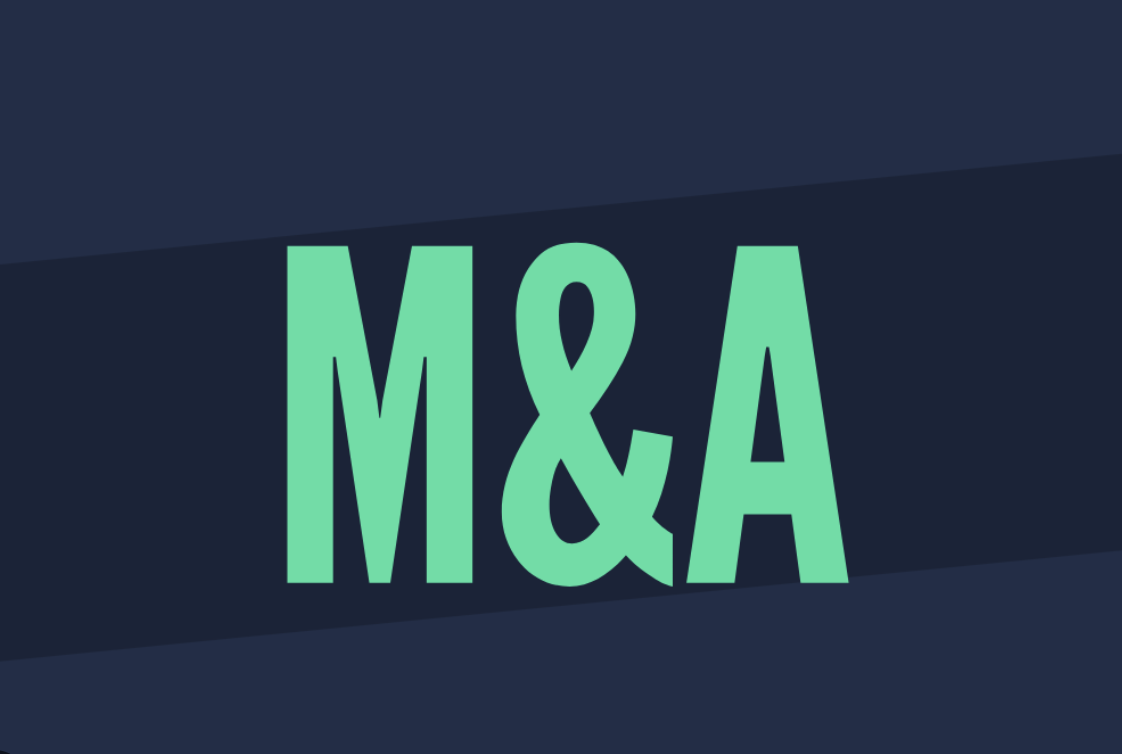The Transaction – PART 2 of Mergers & Acquisitions
(This is the 2nd article of a three-part series – How a CFO can help in an M&A transaction.) You can read part 1 of the series HERE.
The best advice I can give any business owner in this phase is to buckle up because it is going to be a roller coaster ride. Every deal is different and it is impossible to cover all aspects (and share every war story) here, so we are just touching on some key phases of the deal.
Marketing:
If you have engaged with an Investment Banker/Advisor/Broker, they should have coordinated the marketing efforts and assembled a teaser document and a more comprehensive piece for buyers interested in seeing additional information. Your CFO will help to make sure that the figures in this document are correct and support the story you are trying to tell in this critical piece.
Answering Questions:
Interested parties will usually come back with a list of questions. The CEO and CFO generally sit down at this point and prepare responses and any additional data requested. Not everyone is going to ask the same questions so it is important to be sure you are sharing any additional information produced with the other buyers as well so that are using the same data as who asked the question.
Term Sheet or LOI:
Hopefully your hard work up to this point pays off and the potential buyers start to submit a Term Sheet or Letter of Intent. If you have multiple suitors, this is a critical step to comparing offers. If you have one buyer, this is still a critical step so that you can hammer out deal points before everyone starts to spend money and effort on Due Diligence and Legal.
Due Diligence / Quality of Earnings:
This is undoubtedly the most painful part of the process. At this point you will have selected a term sheet and will start to get into deeper conversations with a particular buyer. The buyer’s due diligence team’s primary goal is to prove out that your financials are correct. Their secondary goal is to discover reasons to lower their offering price. This is where the work done in Phase 1 pays off. Your CFO will be the key quarterback throughout this exercise.
Agreement:
Once the due diligence phase is nearing the end, you will start to move to the legal phase so that an agreement can be hammered out. These are no simple agreements. I remember a Private Equity friend say that each paragraph in the agreement is a tombstone of something that has gone wrong in previous deal. Understandably, both sides want to be protected. While the lawyers are leading this phase, the CFO is critical in making sure that the financial aspects of the agreement accurately reflect the spirit of the deal. It is also critical to make sure that any language related to calculations post-deal are clear and unambiguous. Additionally, there are usually financial schedules that need to be included in the agreement.
Day of close:
Finally, the big day will be here. The closing will inevitably be delayed – someone will find something to hold up the deal until it can be resolved which usually ends up in a delay. You will be executing a lot of documents on the day of close. Your lawyer and CFO are present to make sure everything you are signing is as intended.
You have done a lot of work up to this point so now you can have a well-deserved celebration! However, the work is hardly done. In part 3 I will discuss the challenges/work involved in the months after the deal.
If you would like further information about Crown CFO & fractional CFO services, reach out to Mike DeMaio – mike@crowncfo.com

